The garish signs KEUKENHOF keep on whizzing past café Foolish Business, on a very sticky Tuesday morning. Hordes of tourists throng behind them, ready to spend money on picturesque pictures and unique experiences. My interest today is in the opposite, the desolate 19the century colonies in Drenthe, then called 'Dutch Siberia'. To me, Drenthe is known as ' a cyclist's paradise' but writer Suzanna Jansen wrote the 2008 bestseller The Pauper's Paradise about, in which she meticulously traced her family's history back five generations.
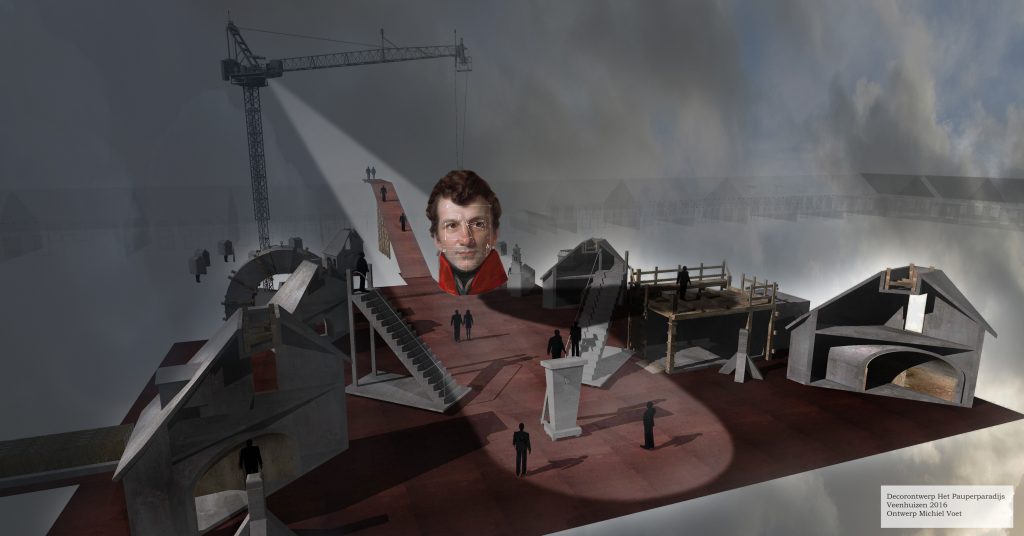
She is wearing a summery blue dress and is in transit to the 'crime scene' of our conversation, Veenhuizen, to drive past her 'favourite places' with RTV Drenthe. This is a tad ironic, since she knows Drenthe mainly through her ancestors, who lived and died under miserable conditions in the colonies.
15 June 2016 goes there in Veenhuizen theatre show The Pauper's Paradise premiered in the courtyard of the Gevangenis Museum, about 'one of the most dramatic hidden histories in the Netherlands'.
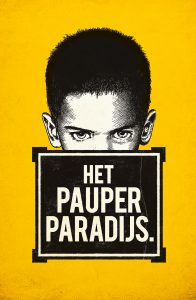
As many as 1 million Dutch Descend from Veenhuizen clients[hints]From the registers reveals that Ruud Lubbers, Geert Mak and Alexander Pechtold, Thea Beckmann, Anton Pieck and Bert Haanstra, among others, are related to paupers from the 19th-century poor colonies[/hints].
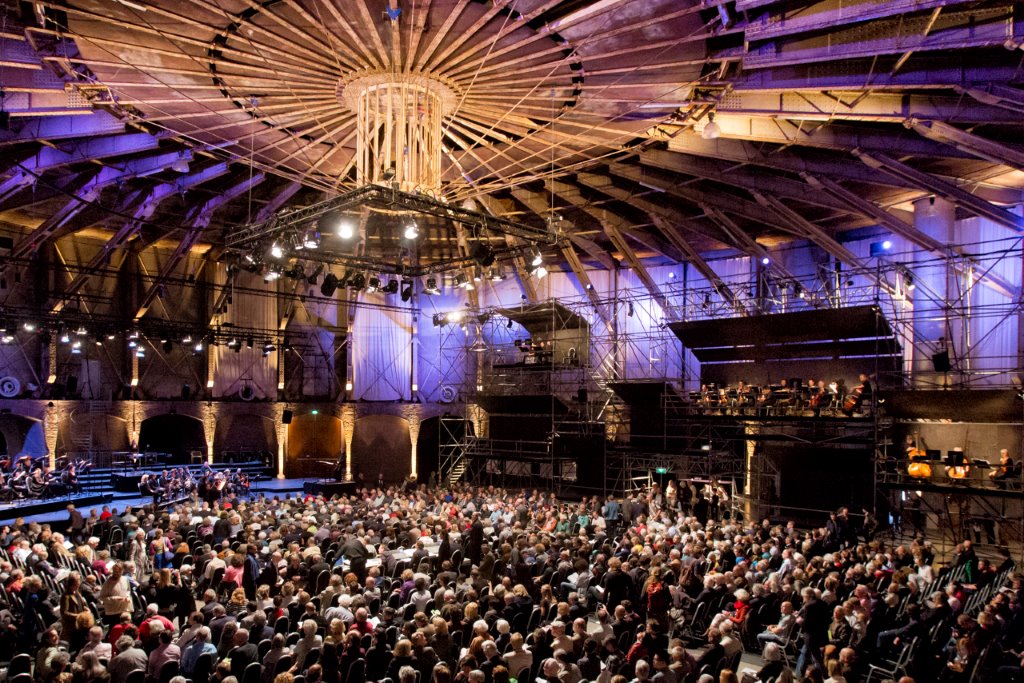
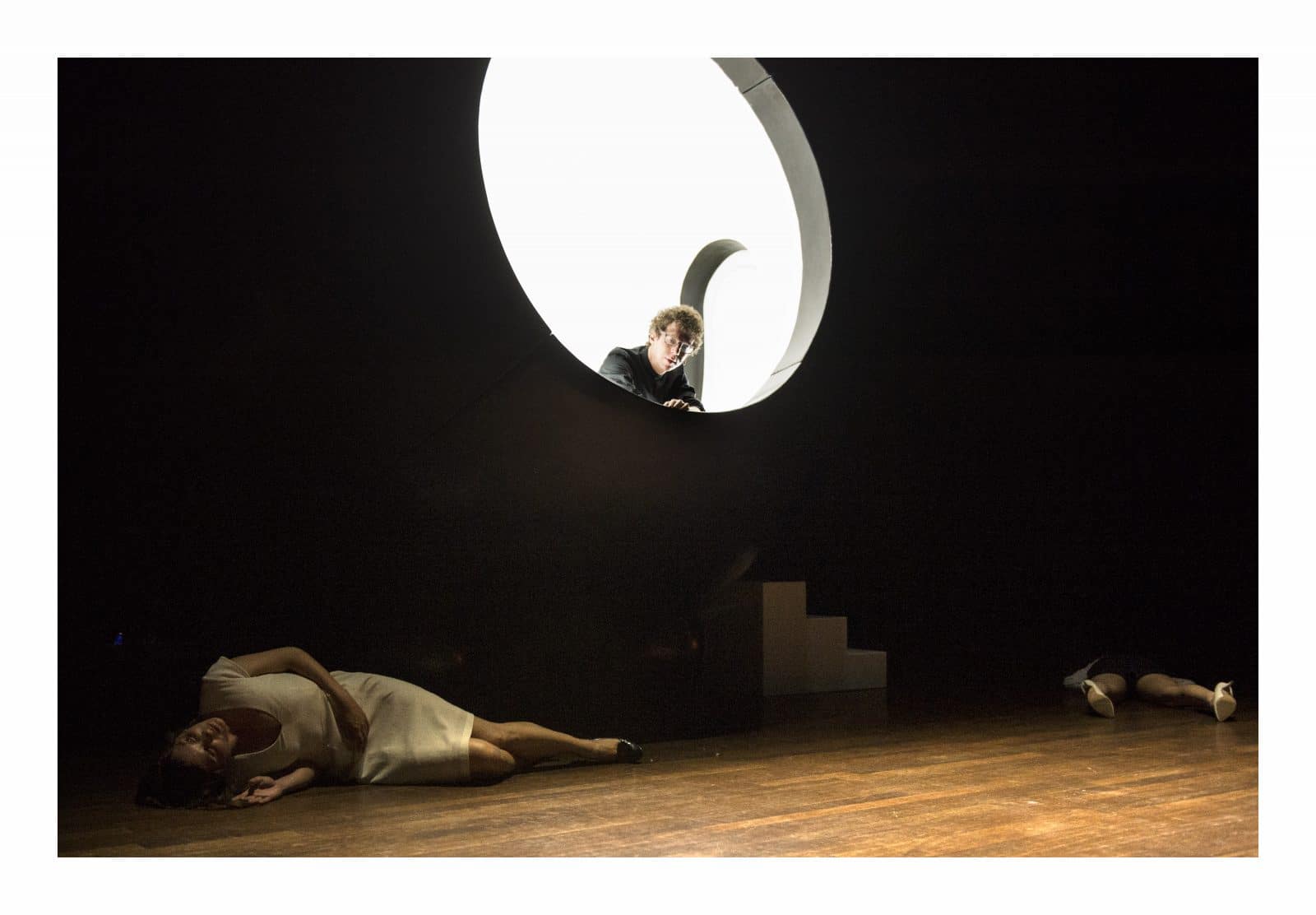

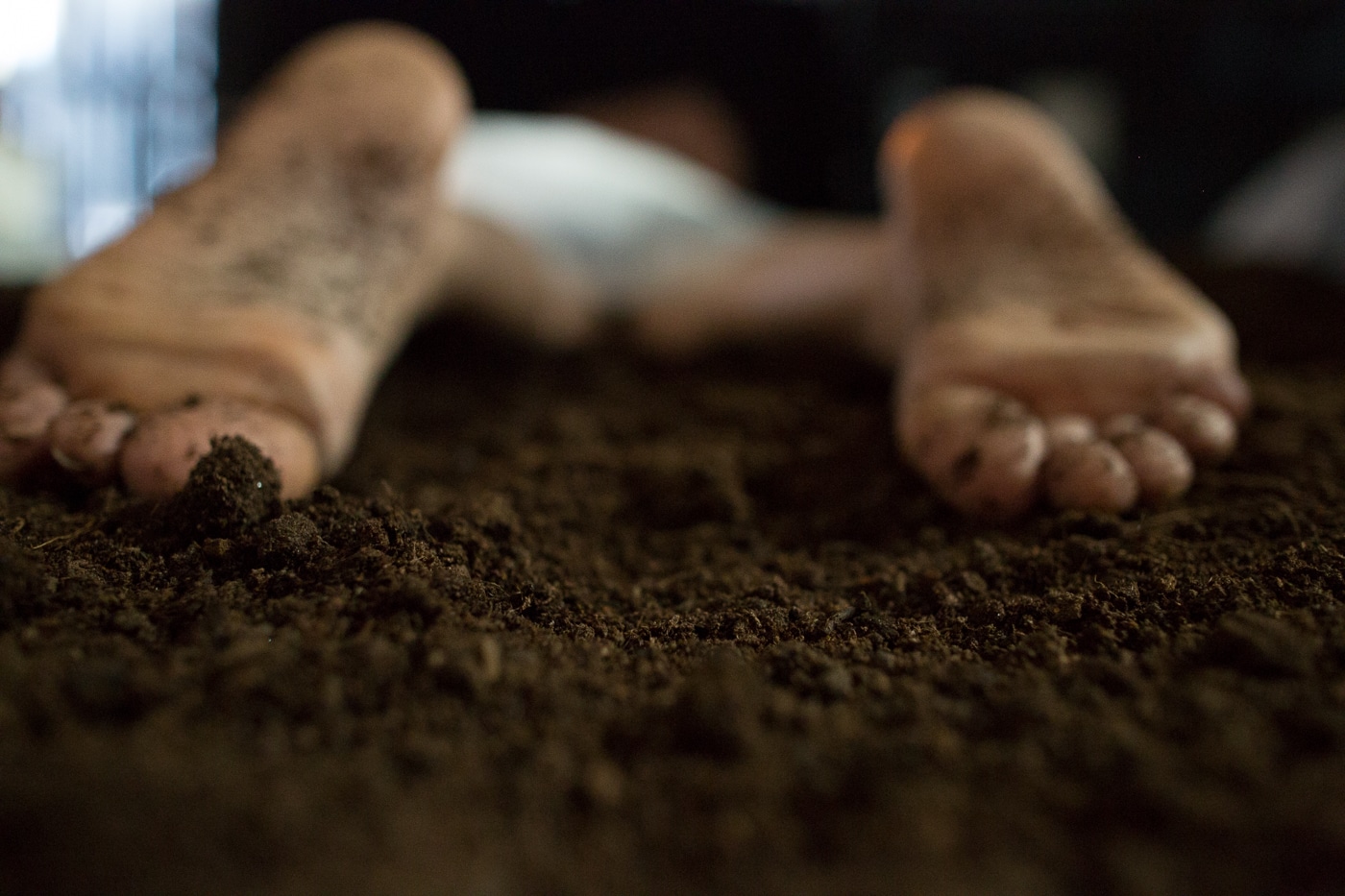
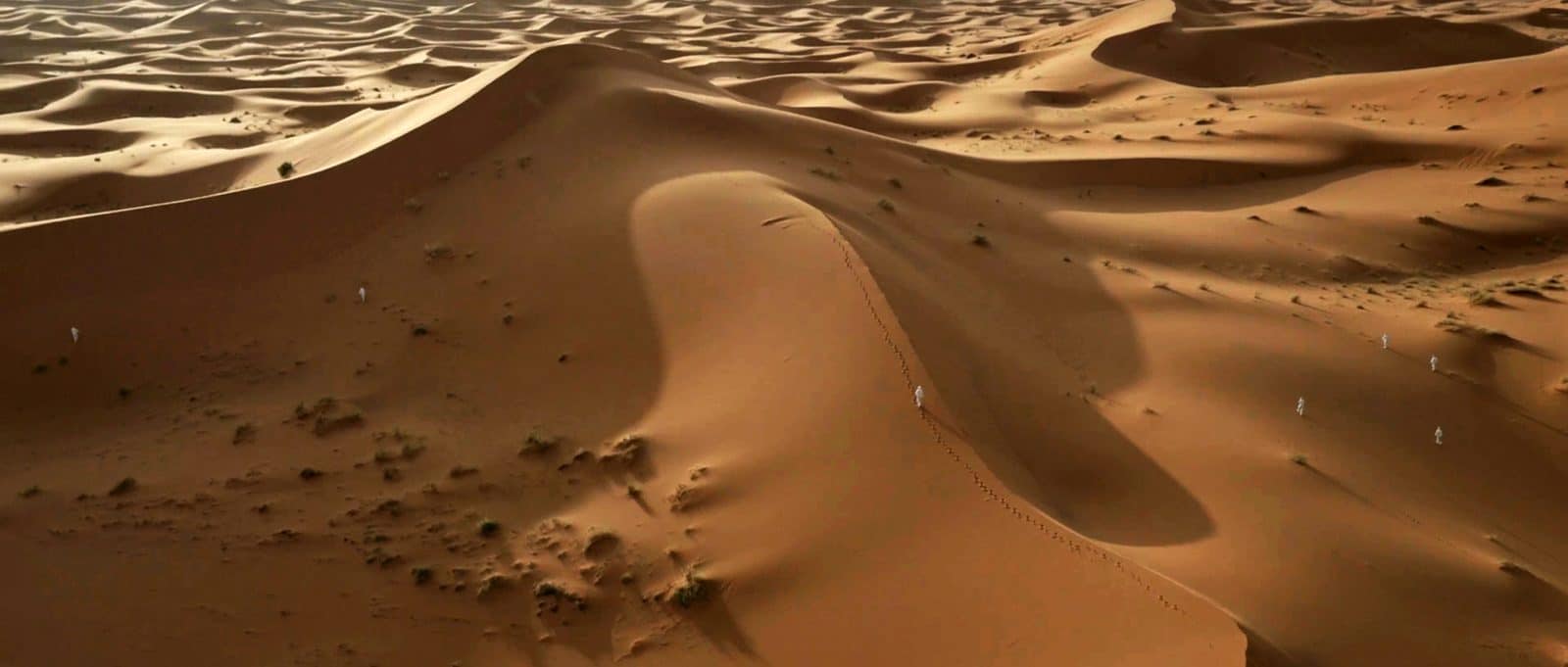
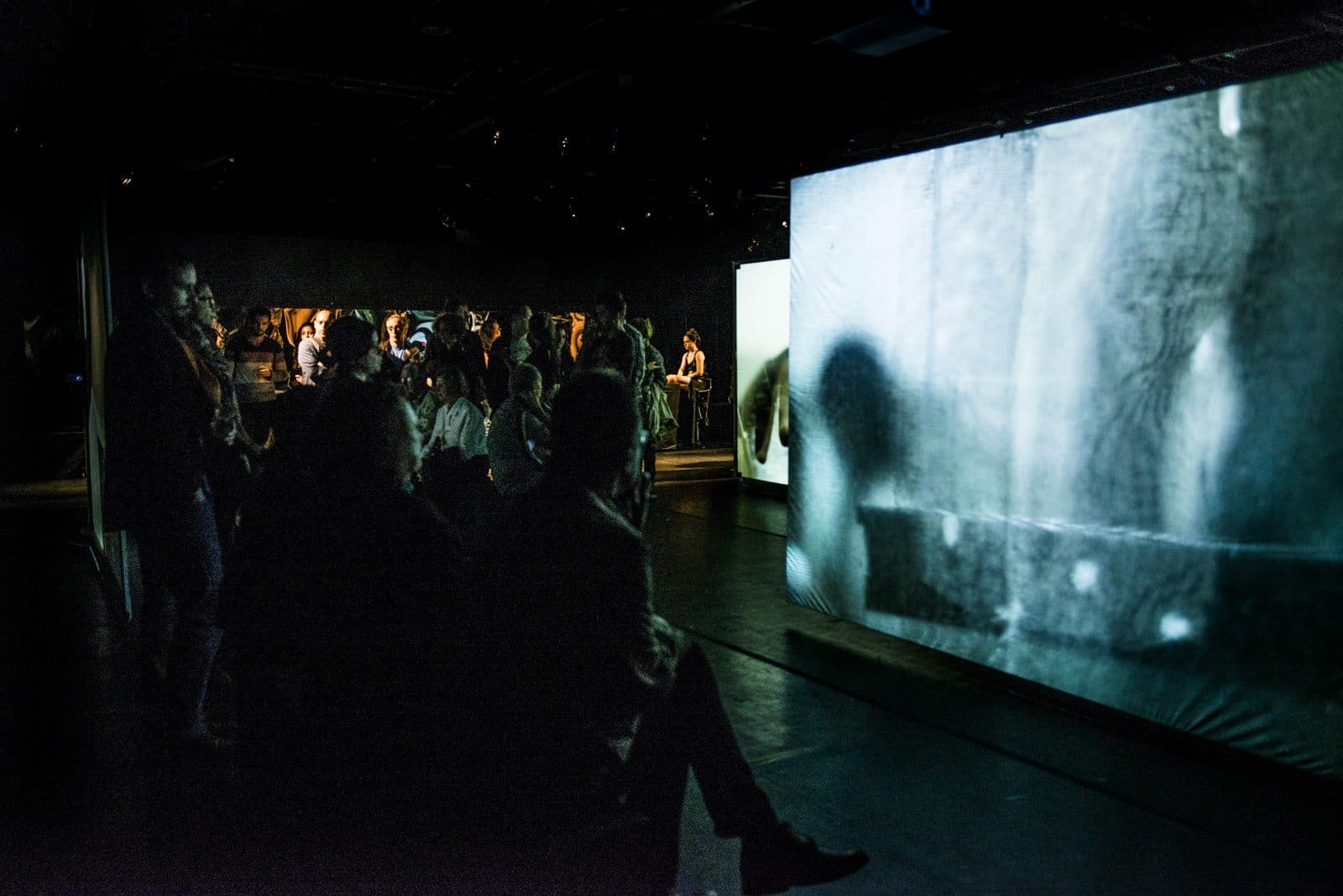

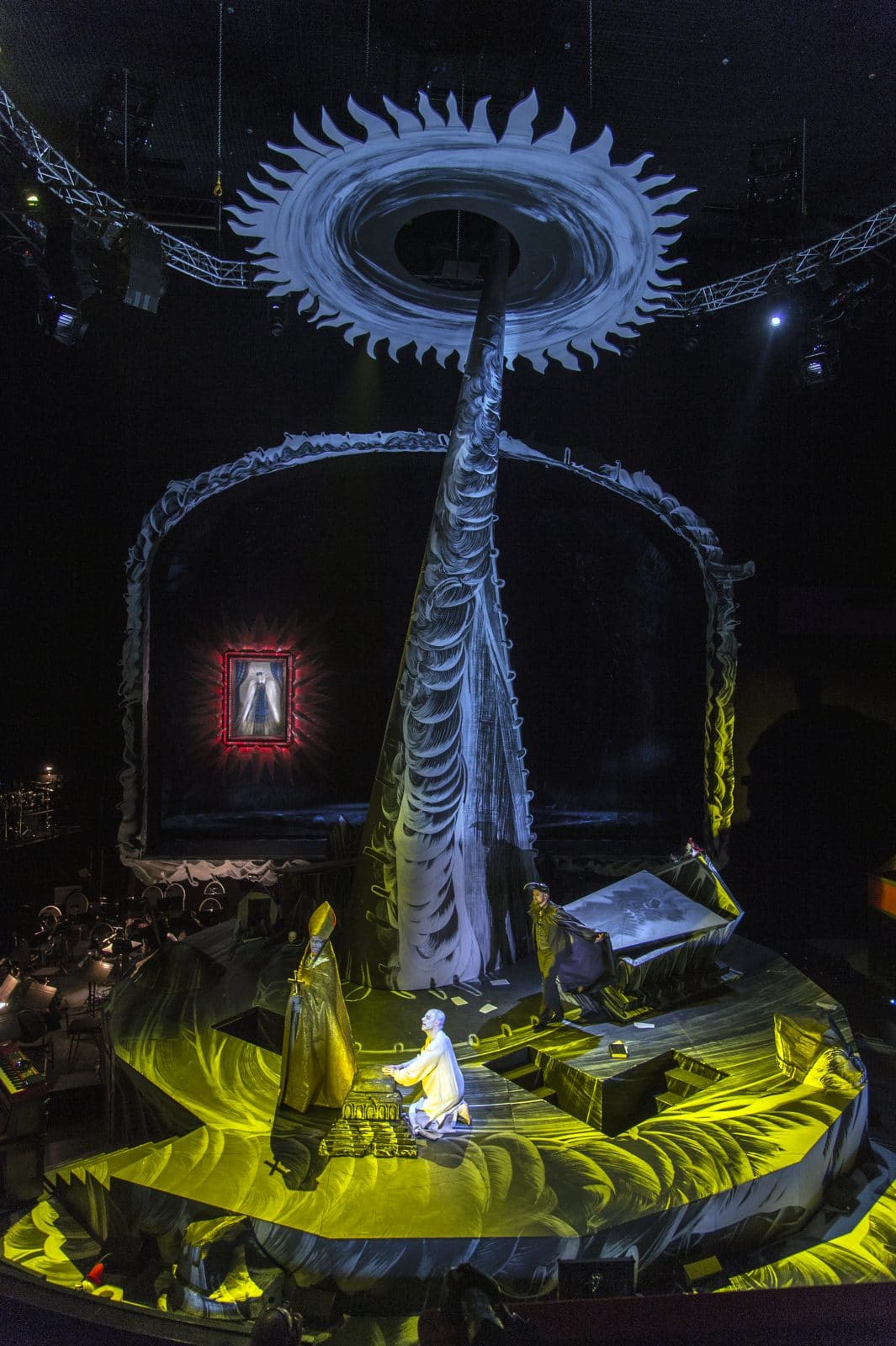
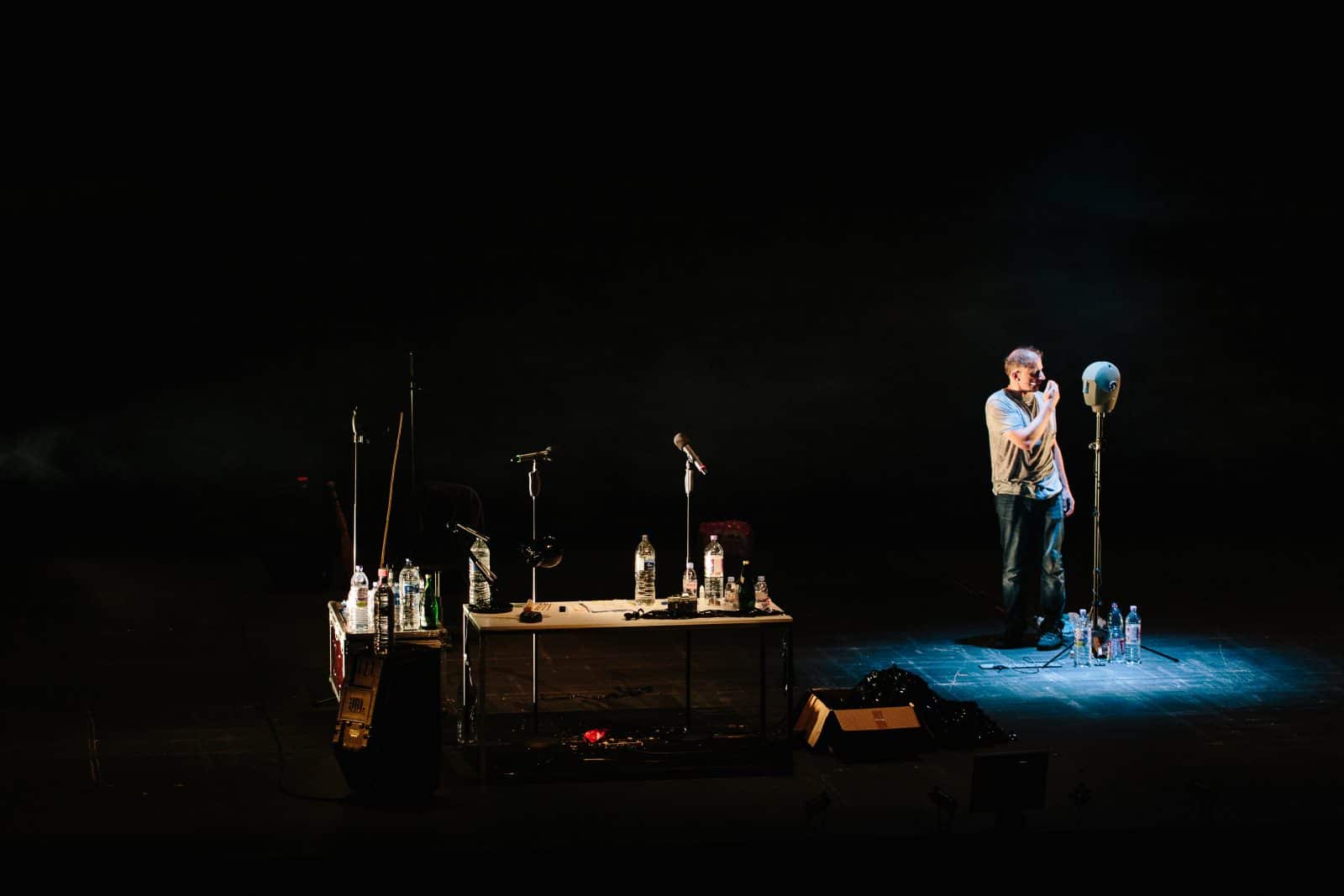
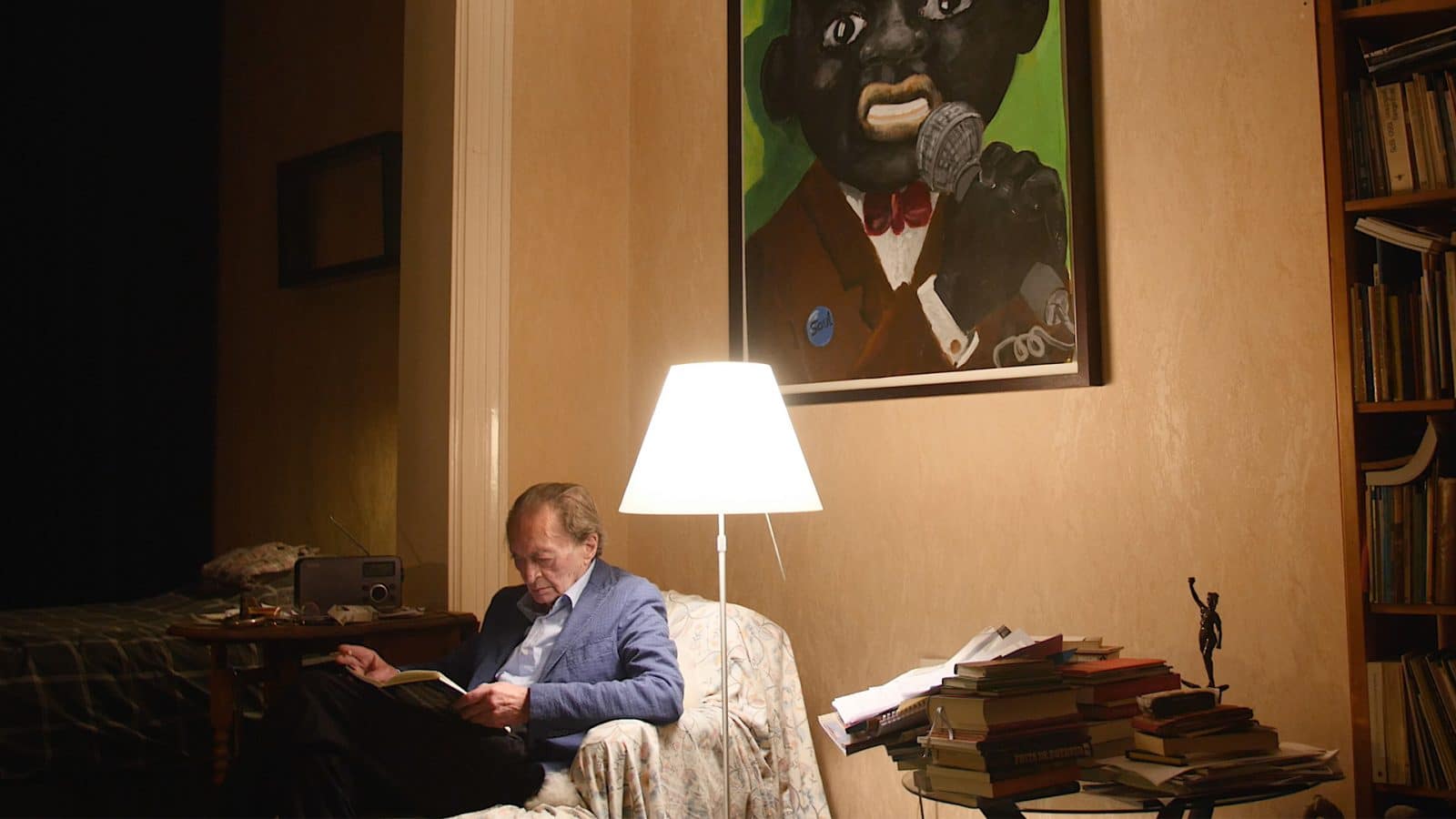
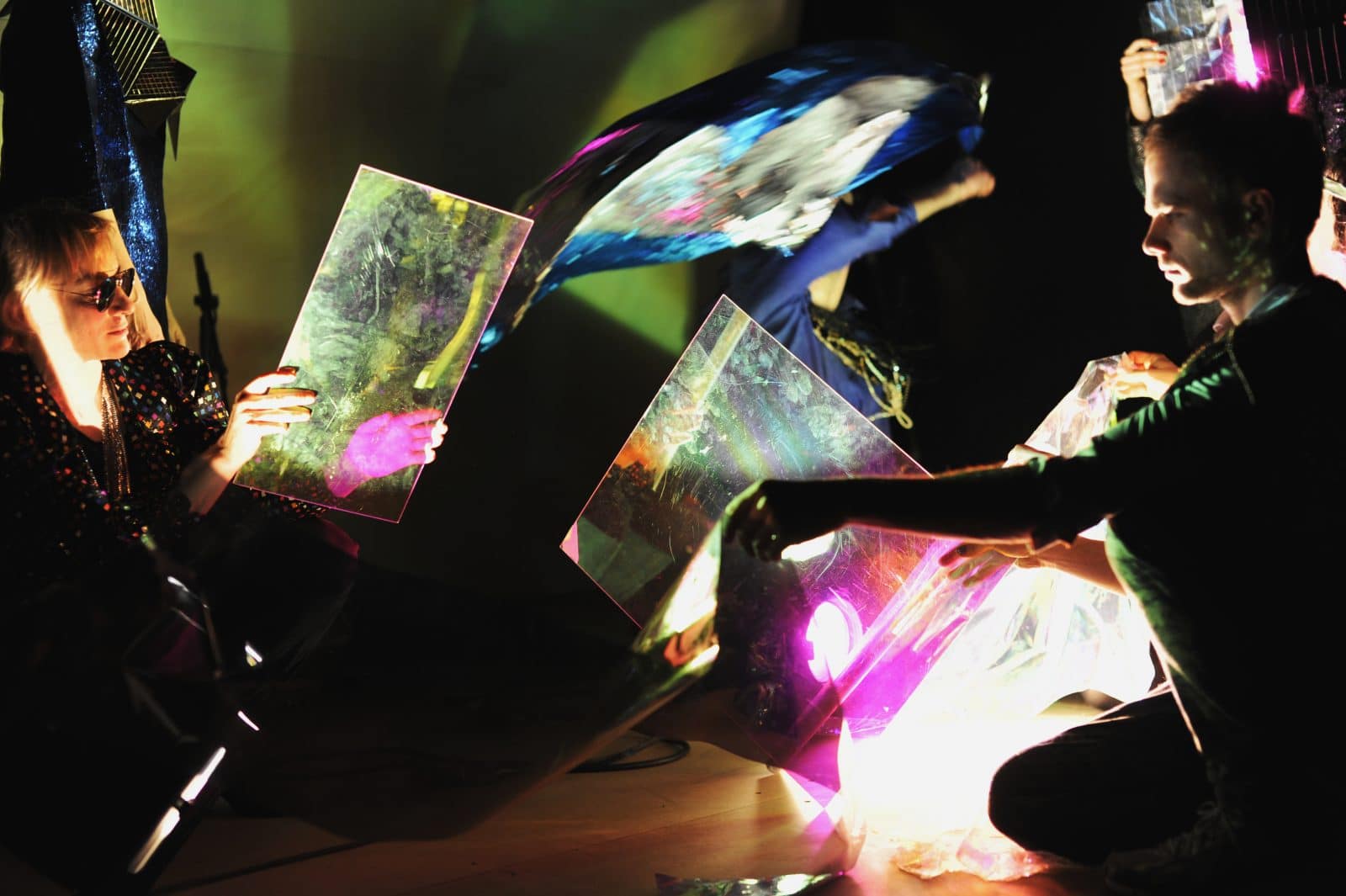
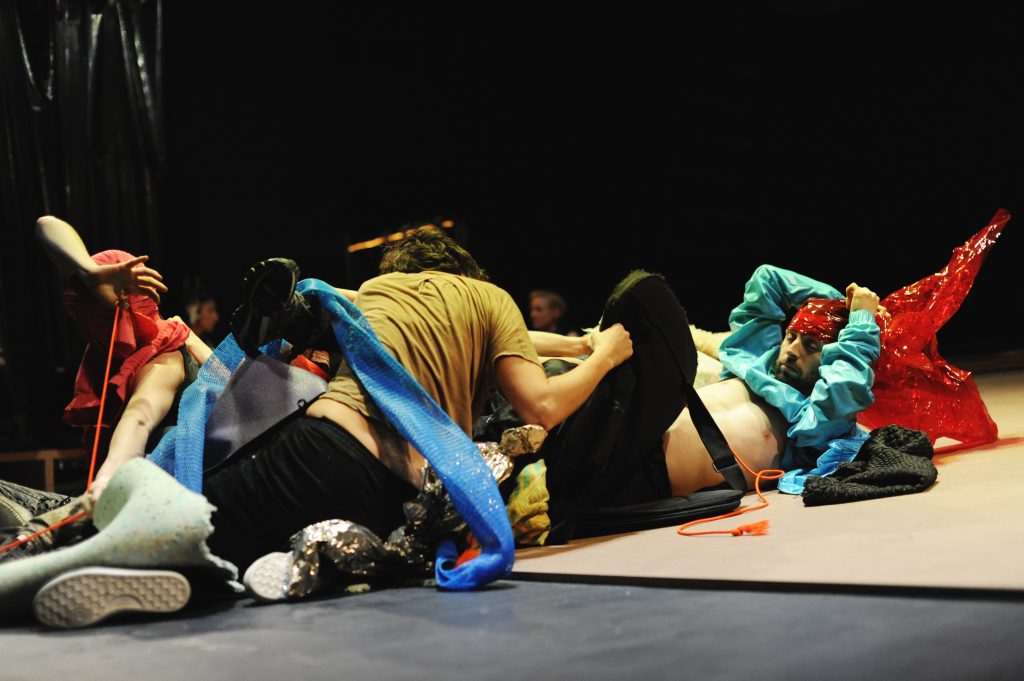

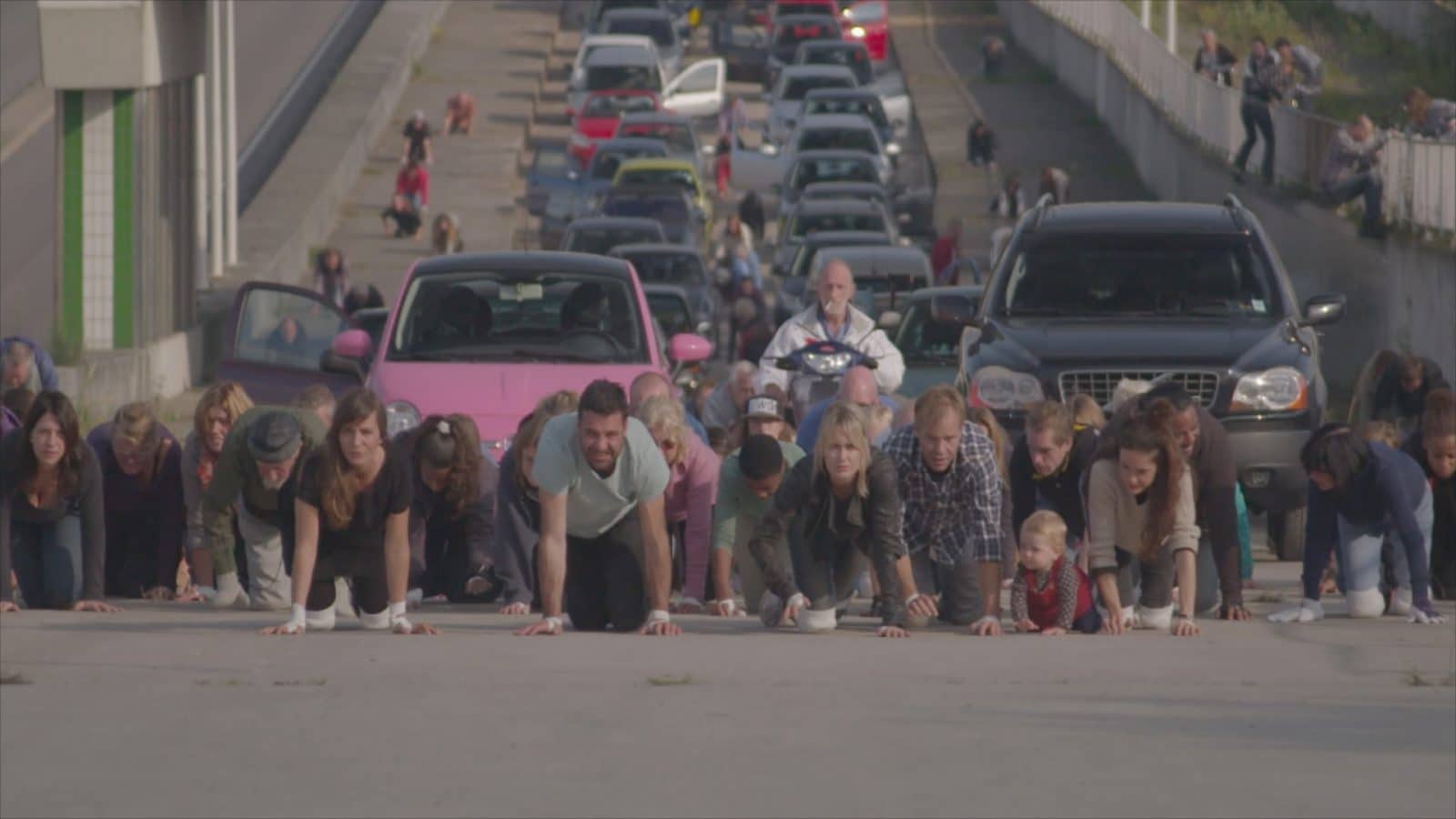
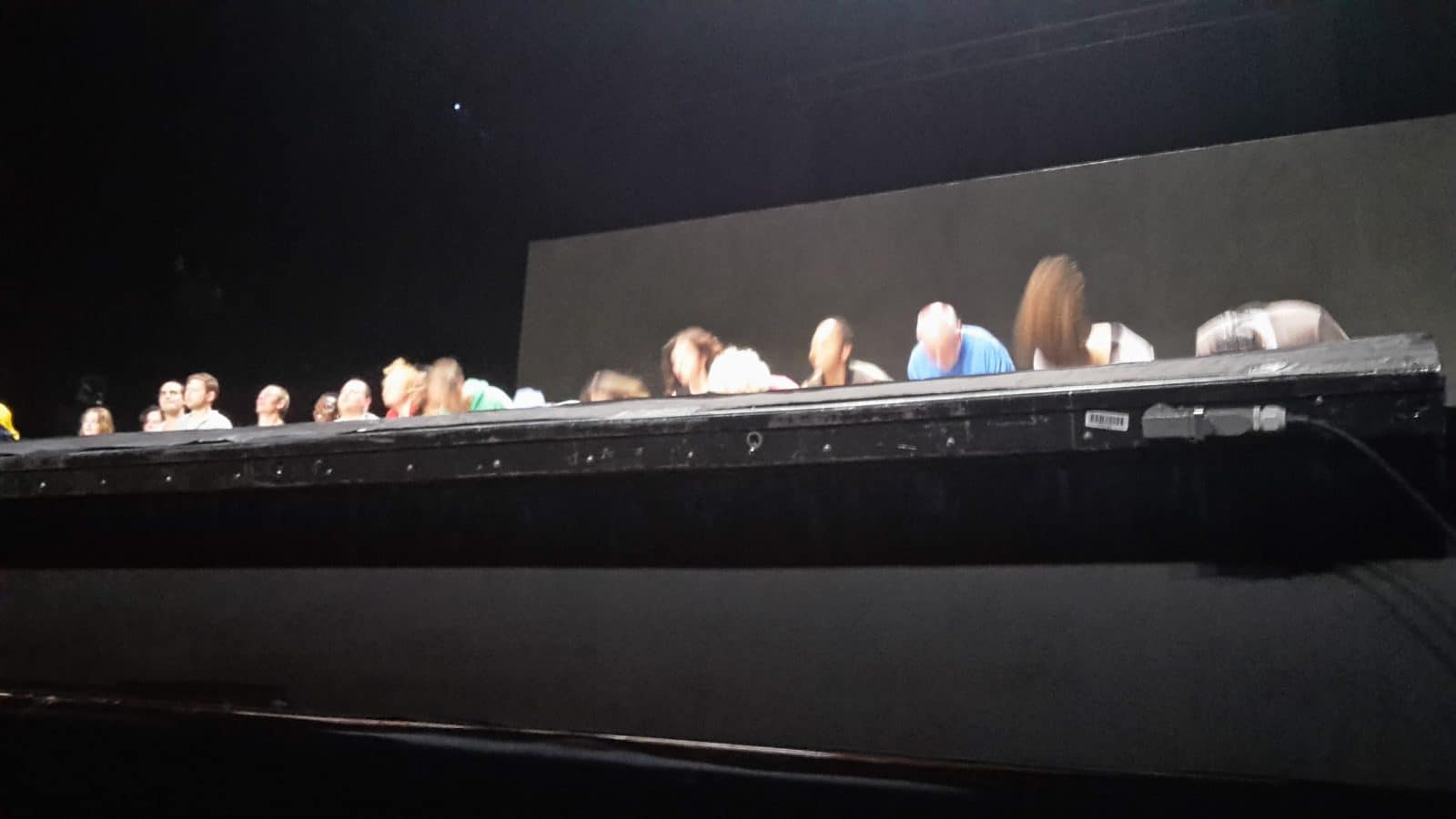
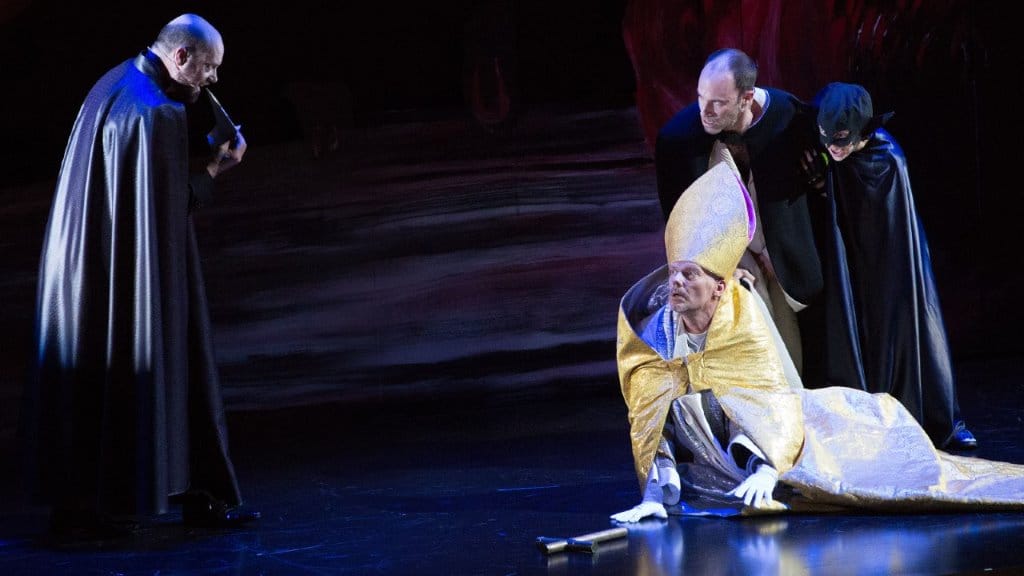
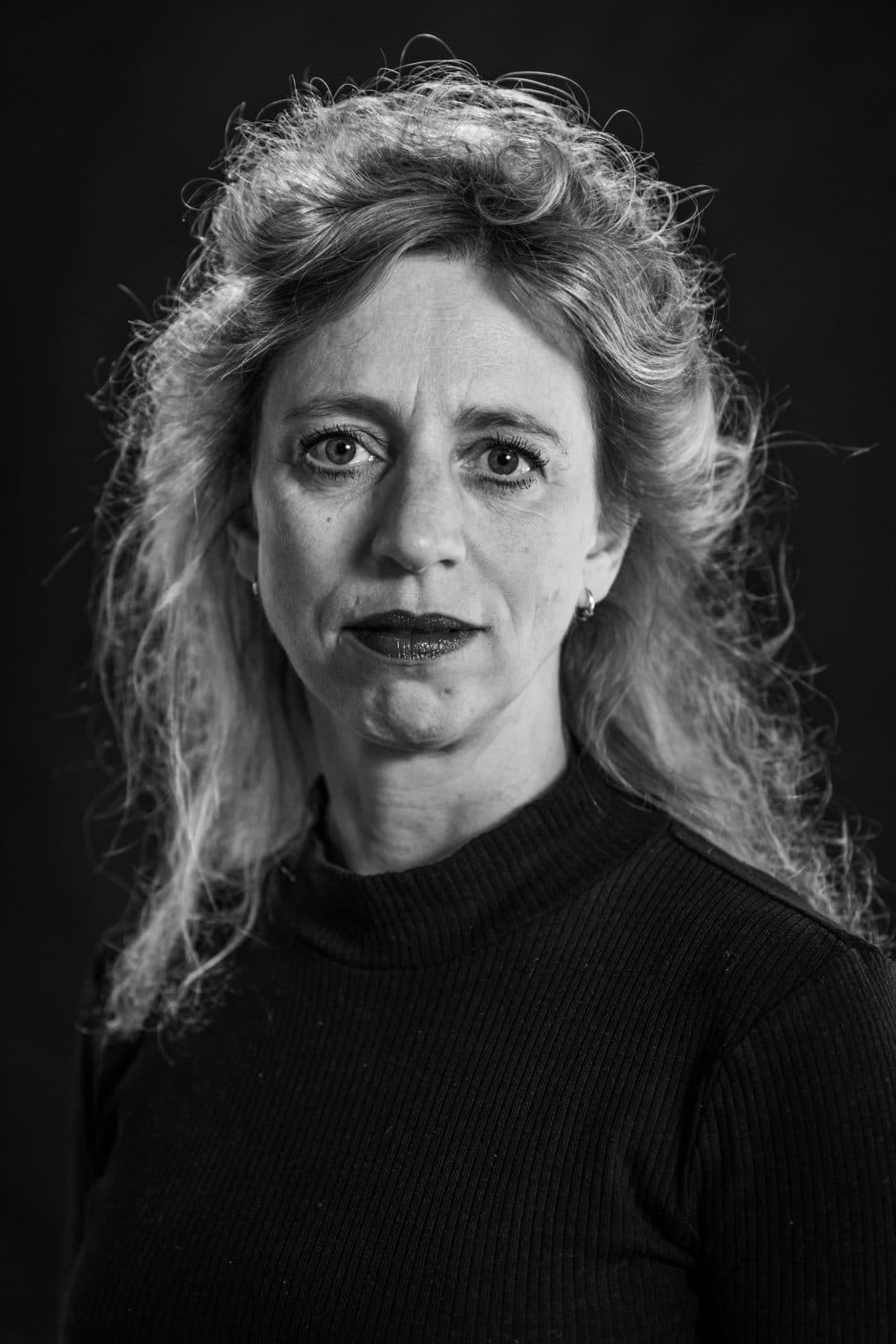


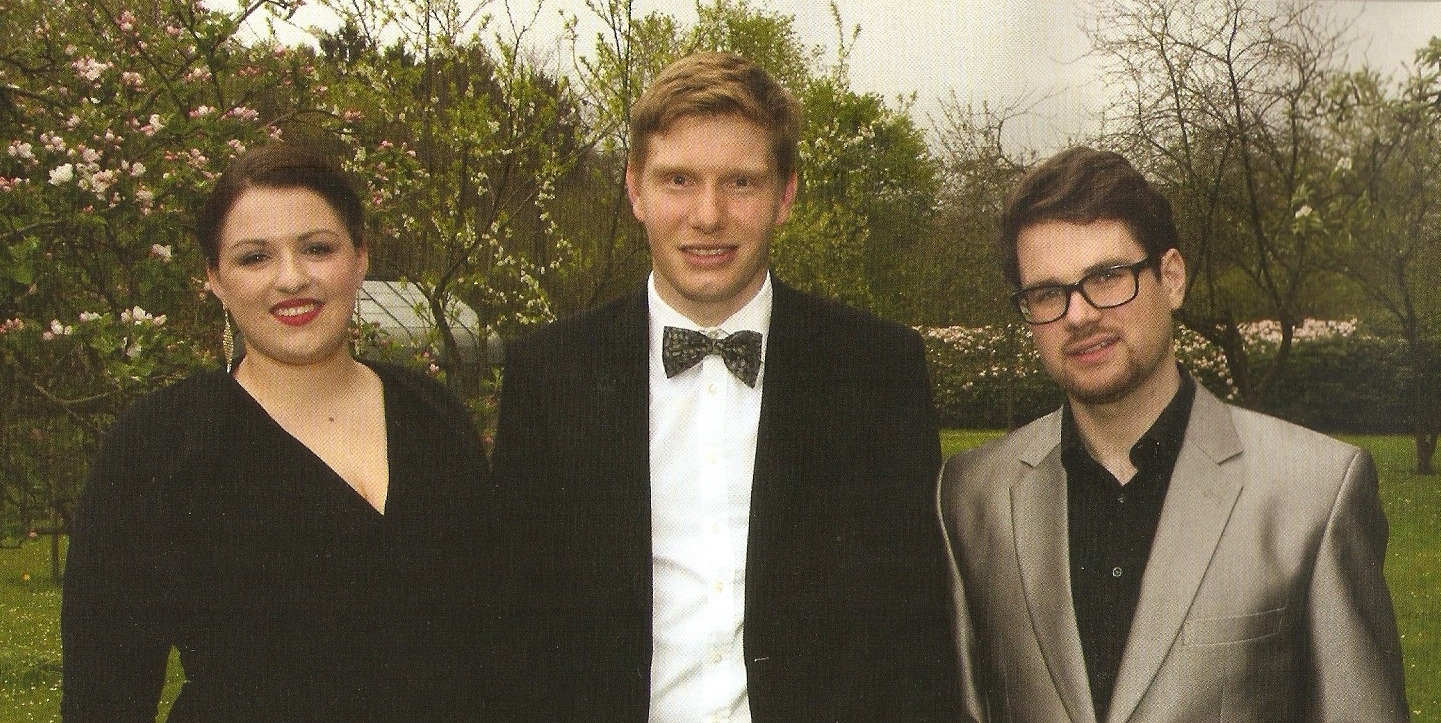
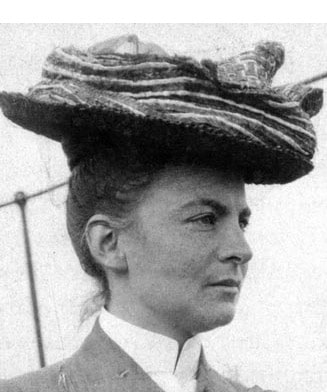
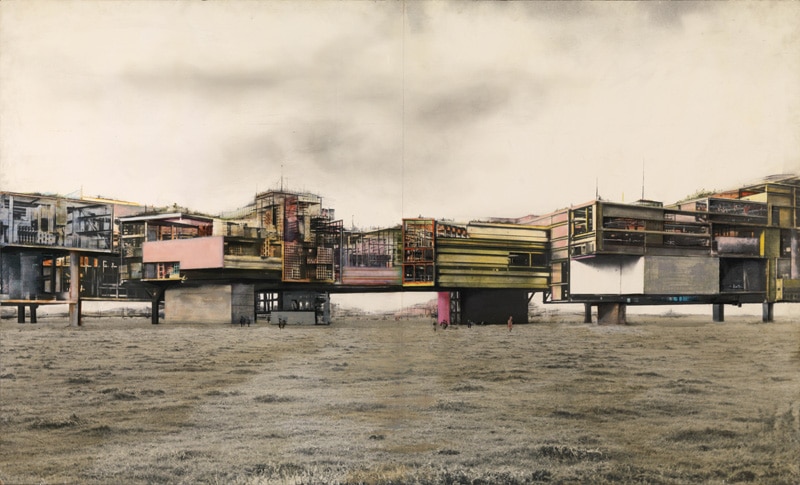
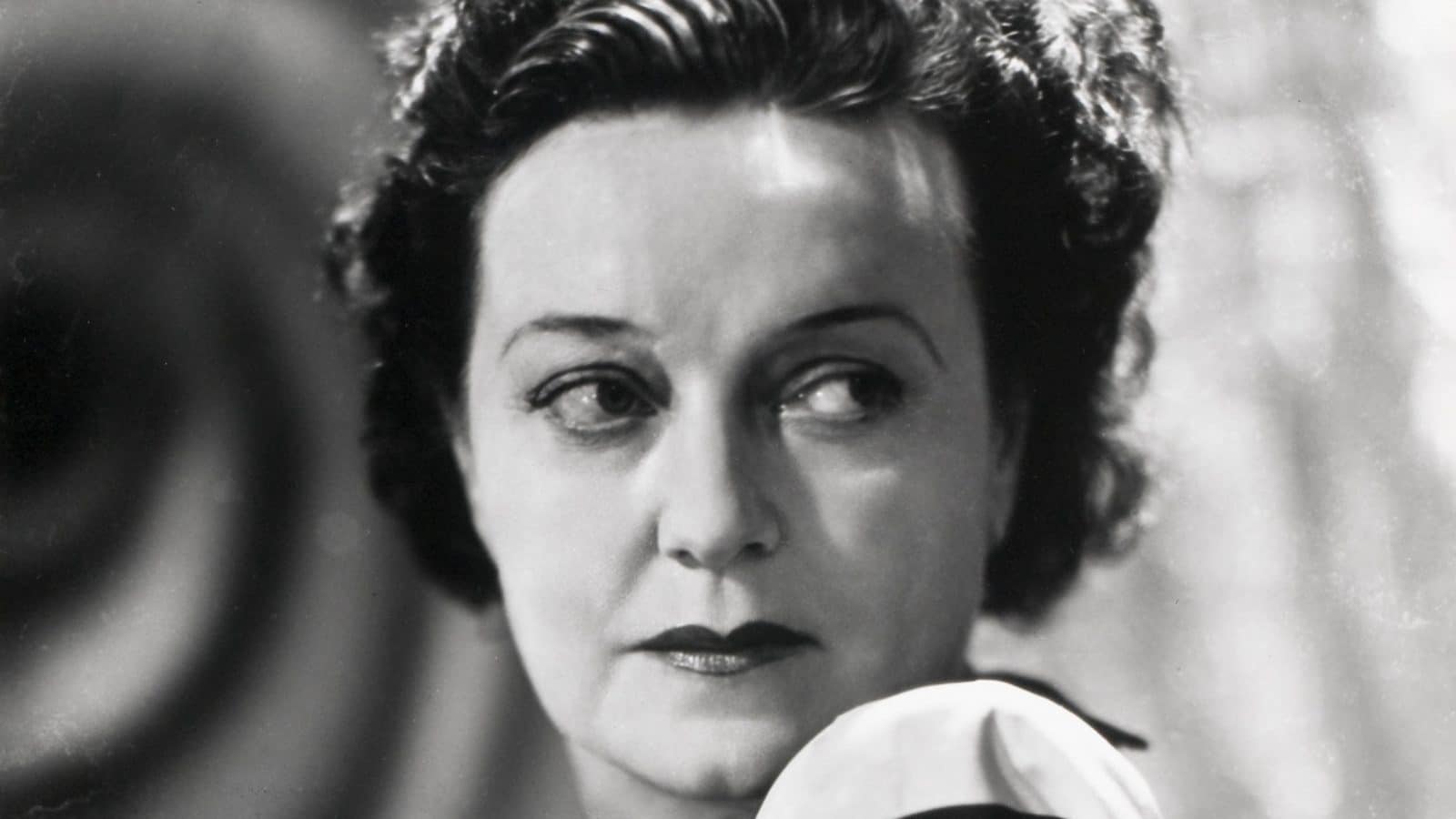
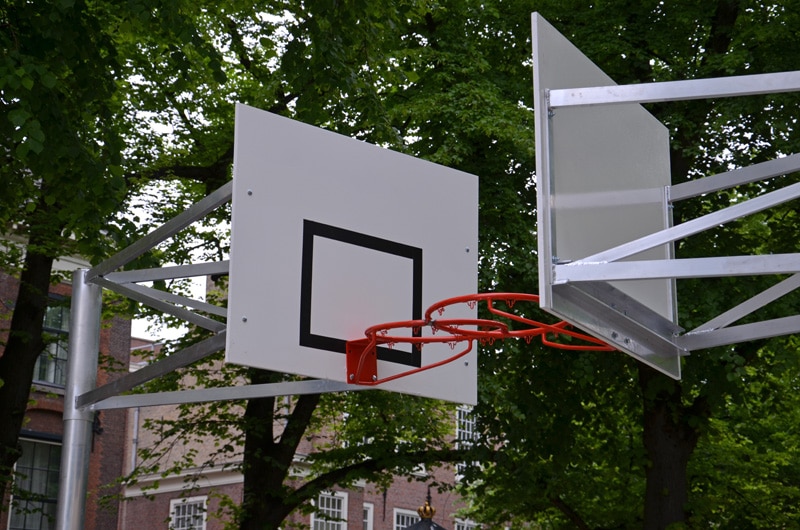
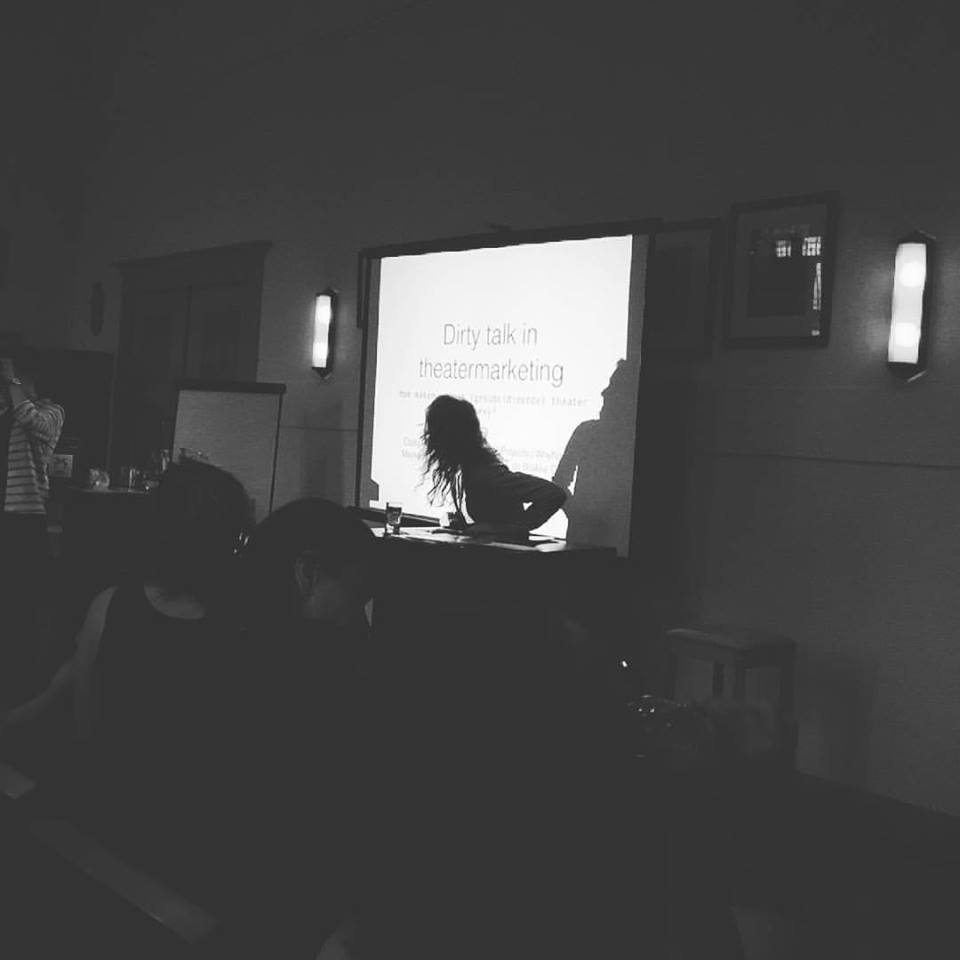

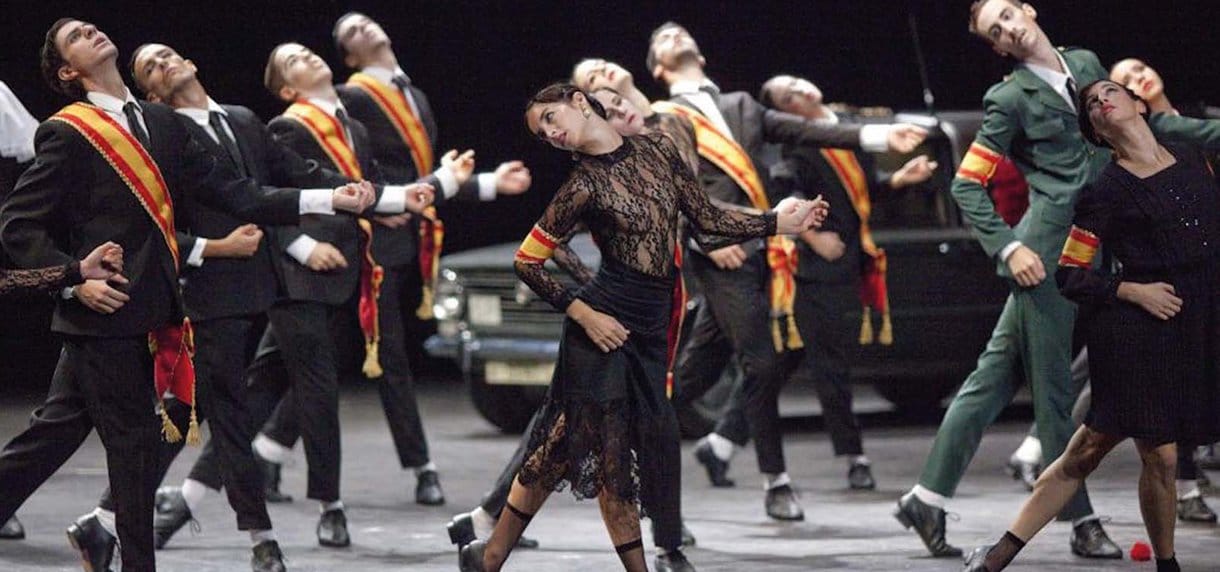
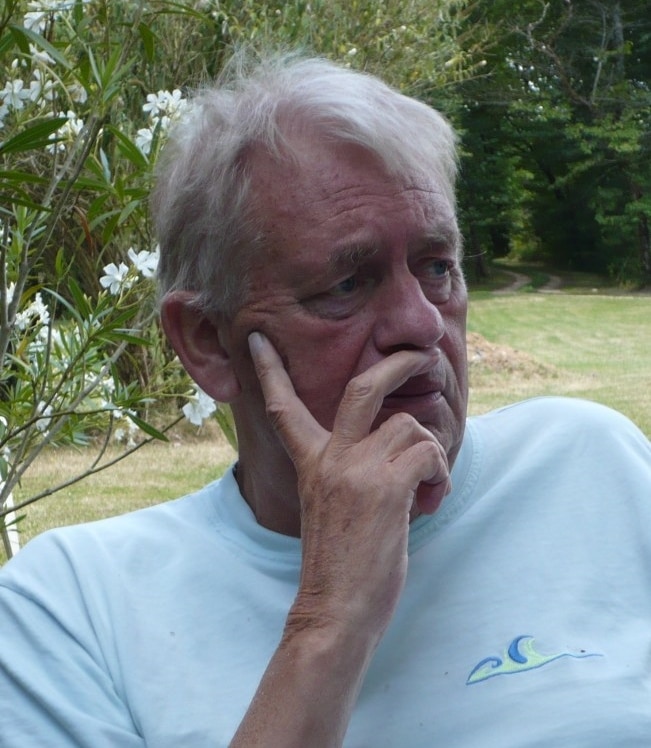


You must be logged in to post a comment.